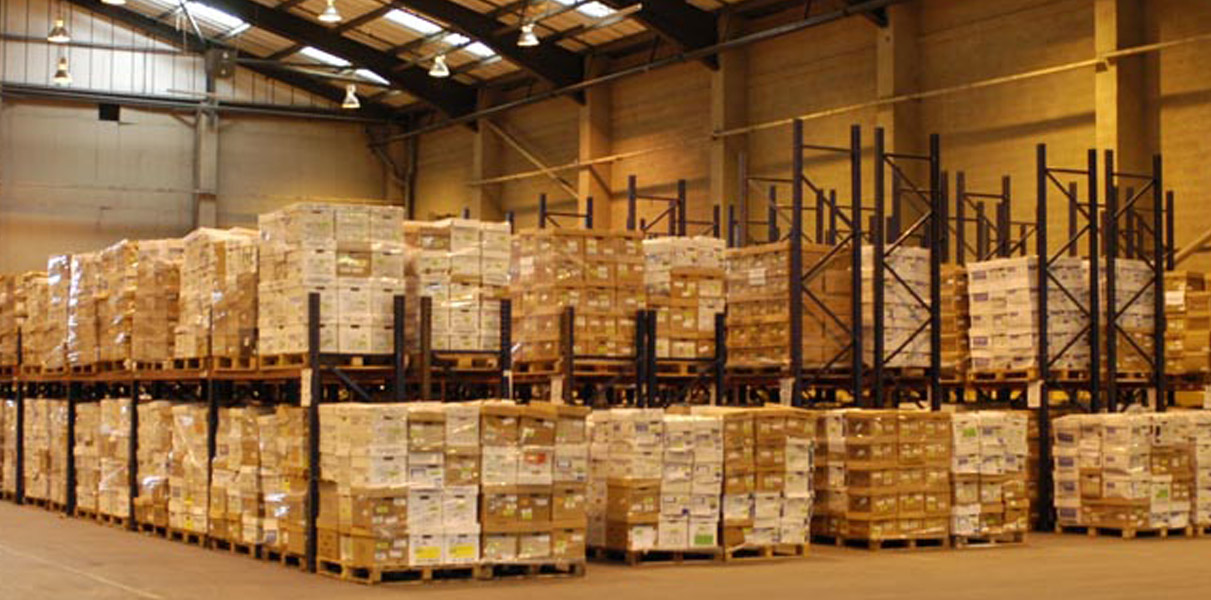
Public Custom Bonded Warehouse
Many people have heard of bonded warehouses, but they aren’t exactly
familiar with them or do not understand how they work. Essentially, it
is a secure location where imported goods are stored or manipulated
without the importer or warehouse owner having to pay duty.
The government owns many of these types of warehouses, but some are also
owned by private companies. Private bonded warehouses require a posted
customs bond and some customs supervision. These types of warehouses
can be found around the world, but each country may have slightly
different rules regarding how they can operate.
A bonded warehouse is a secure space where goods liable to import duty and or Value Added Tax (VAT) are stored. Duty and VAT payments are deferred until the goods are sold or removed from the bonded warehouse. This method of storage has obvious benefits for sellers who import/ sell goods liable to these charges.
Storage is often Long-Term
In some countries, storage time is unlimited. In the United States, imported goods may be stored for up to five years. This means that the importer can sit on a product until there is an increase in demand. Because duty is required when the goods are exported or removed from the warehouse for consumption, this also helps the importer manage his or her money, because an increase in demand usually equals an increase in revenue.